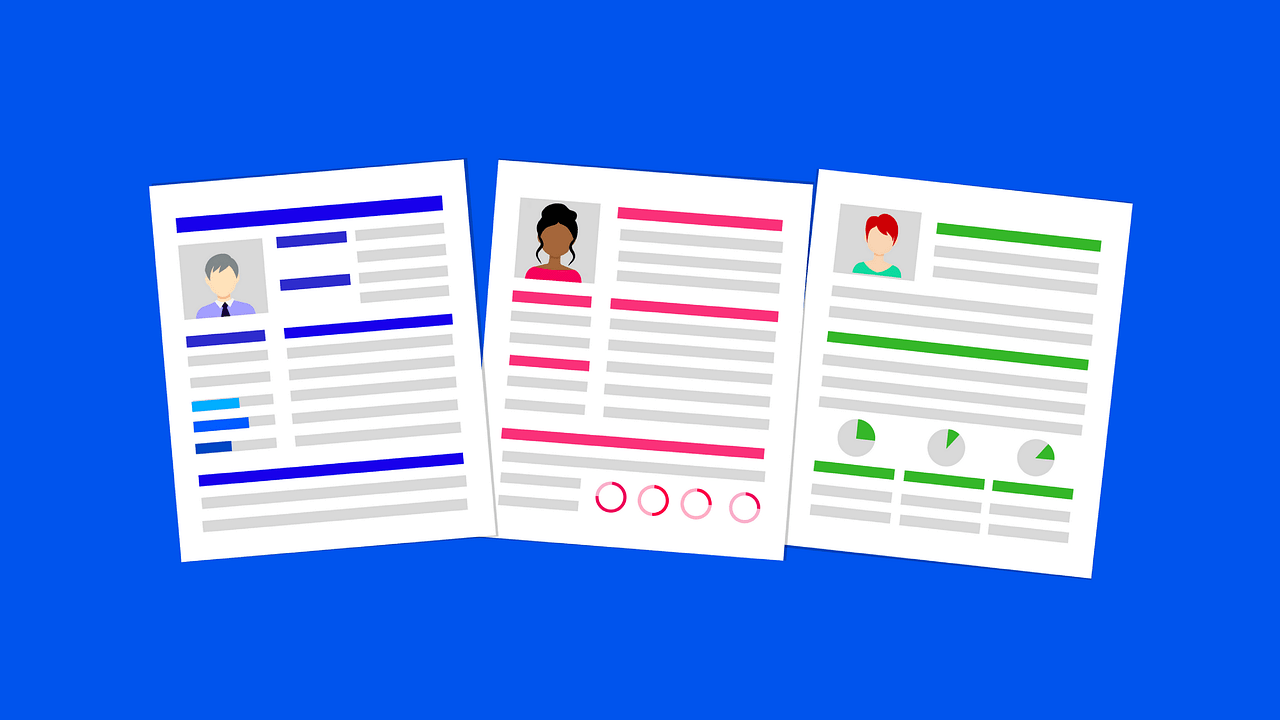Landing your dream job requires more than just a stellar resume and aced interview questions. There’s an unspoken layer to the hiring process, a behind-the-curtain perspective from the Hiring Managers themselves that also plays a factor in the process. While qualifications and experience undoubtedly play crucial roles, it’s important to recognize the human element inherent in the hiring process. Understanding the perspectives and priorities of Hiring Managers can significantly enhance your candidacy and increase your chances of landing your dream job.
Resumes and Applicant Tracking Systems
In today’s data-driven world, resumes serve as the initial checkpoint for many Hiring Managers. However, it’s important to remember that they are just the first step. Many employers utilize applicant tracking systems (ATS) to filter candidates based on specific keywords and qualifications. But beyond technical skills and keywords lies a deeper evaluation process.
Here’s are a few other things that Hiring Managers consider when assessing a candidate.
Your digital footprint speaks volumes about your personality and professionalism. Social media profiles and online presence provide Hiring Managers with a comprehensive picture of who you are. It’s crucial to ensure that your online persona aligns with the company culture and the image you wish to project. Take the time to clean up any unprofessional content and consider creating a polished online presence, particularly on platforms like LinkedIn.
Importance of Cultural Fit
Cultural fit is important for companies striving to build cohesive teams. Employers prioritize candidates who can seamlessly integrate into the company culture and contribute to a positive work environment. Before your interview, research the company culture by examining its mission statement, reviewing employee testimonials, and analyzing its social media content. During the interview, emphasize how your values resonate with theirs and provide examples of how you’ve fostered collaboration and positive team dynamics in previous roles.
Demonstrating Enthusiasm and Genuine Interest
Enthusiasm and genuine interest in the role can outweigh a slightly less experienced candidate. There it’s important to demonstrate your passion for the company’s mission and the specific position. Showcase your genuine enthusiasm by thoroughly researching the company’s goals, values, and current projects. During the interview, articulate your understanding of their mission and how your skills can contribute to their success. Tailor your responses using specific examples demonstrating your knowledge of their industry and its challenges.
Tailoring Your Resume and Cover Letter
Most people are applying for jobs with overly generic resumes. You can stand out by doing something different. To stand out, be sure to tailor your resume and cover letter to the specific job description, highlighting relevant skills and experiences that directly address the company’s needs. Be sure to also quantify your achievements whenever possible using metrics or data to illustrate the impact you’ve made in previous roles.
Communication Skills
Strong communication skills are essential for success in any role. Hiring Managers evaluate not only how effectively you can convey your thoughts and ideas but also your non-verbal communication cues. During the interview, focus on expressing yourself clearly and concisely, avoiding jargon and filler words. Pay close attention to the interviewer’s questions, demonstrating active listening skills and genuine understanding. Prepare thoughtful questions that showcase your interest in the role, the company, and the team.
Building Trust and Transparency
Building trust with the hiring manager is crucial throughout the interview process. Be transparent about your qualifications, avoiding embellishment or exaggeration. Address any gaps in your resume by highlighting how you used the time productively or what you learned from the experience. When discussing salary expectations, research industry standards and be prepared to negotiate respectfully, focusing on the total compensation package.
Following Up After the Interview
The job search doesn’t end after the interview. It’s essential to demonstrate your continued interest and professionalism by sending a well-crafted thank-you note and following up politely if you haven’t heard back within a reasonable timeframe. Consider it a positive sign if you are invited for a second interview, and prepare accordingly.
Remember that the hiring process often involves multiple stakeholders, including panel interviews and behavioral questions. Research the interviewers beforehand and tailor your responses to each individual’s area of expertise. You can also use the STAR method to structure your responses to behavioral questions, providing specific examples of how you successfully addressed challenges in previous roles.
Preparing for Panel Interviews and Behavioral Questions
If you receive a job offer, congratulations! However, your career planning process isn’t over yet. The negotiation process is an opportunity to demonstrate your value further. Review the entire offer package carefully, research industry standards, and negotiate respectfully.
Final Thoughts
Understanding these insights from Hiring Managers and approaching your job search with confidence and preparedness can help you make a lasting impression and land your dream job. Remember, the hiring process is a two-way street, and by showcasing your skills, experience, and genuine enthusiasm, you can build a successful career within an organization. Stepping into a new role is the beginning of a partnership, and by fostering open communication, demonstrating initiative, and continuously learning, you can pave the way for long-term success.
We’re here to provide you a helping hand? Contact us to get started.


